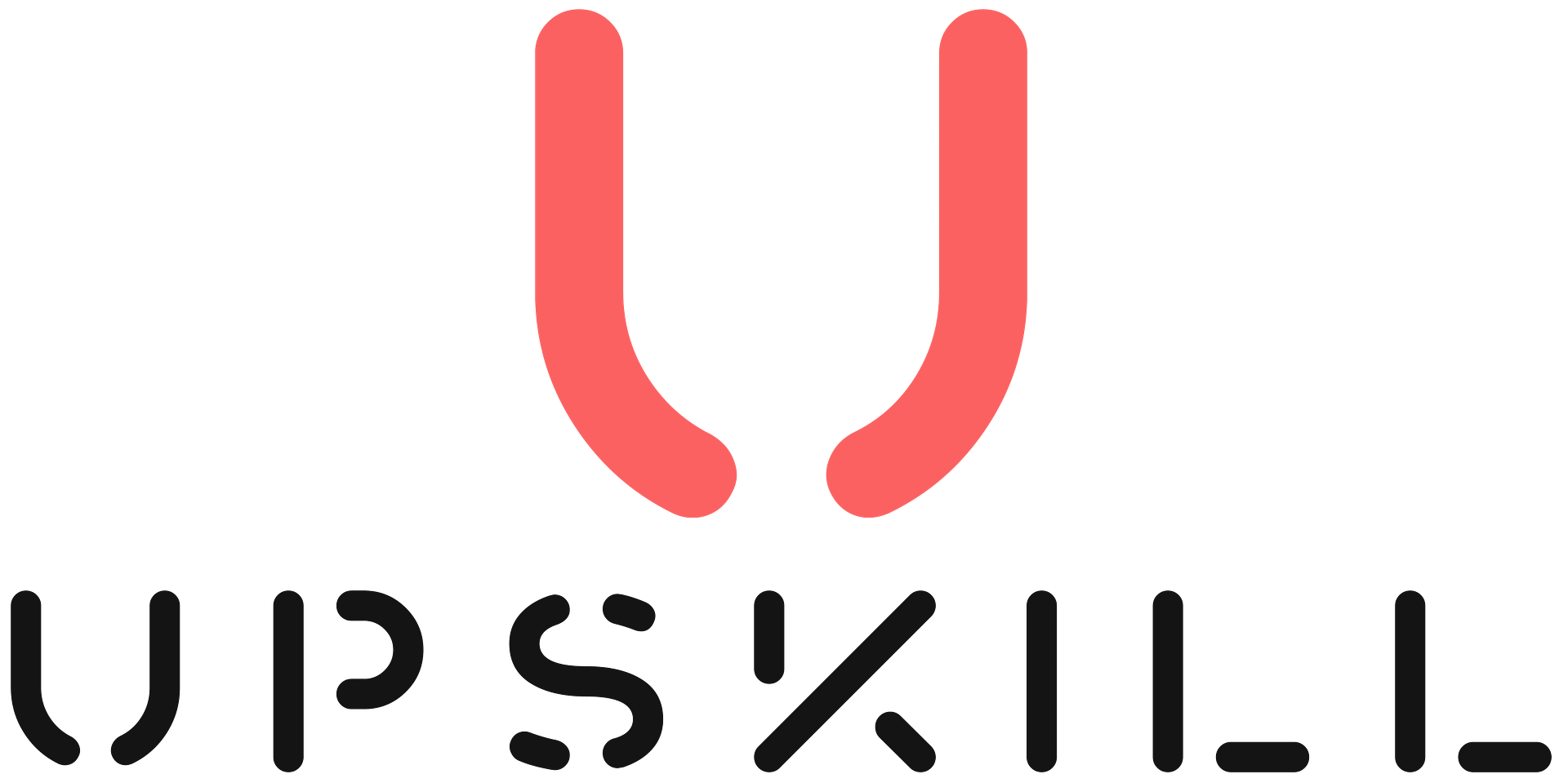Blockchain tools are software and platforms that enable the development, management, and execution of blockchain-based applications and systems. This overview will cover key tools and technologies in the blockchain space, including smart contract tools, smart contract security tools, blockchain testing tools, blockchain security tools, and decentralized identity tools. These tools are essential for the development, testing, and security of blockchain-based applications, and they are helping to shape the future of this rapidly evolving technology.
Table of Contents
Smart Contract Tools
Smart contract tools are software applications that help developers create, test, and deploy smart contracts on blockchain networks. These tools typically provide a user-friendly interface and a set of features that make it easier to write and debug smart contract code. Some common types of smart contract tools include solidity compilers, which translate solidity code into machine-readable instructions that can be executed on the blockchain, and smart contract testing tools, which allow developers to simulate different scenarios and ensure that their contracts are functioning as intended.
- Solidity: Solidity is a programming language used to write smart contracts on the Ethereum platform. It is designed to be simple and easy to use, and it is the most popular language for writing smart contracts.
- Solidity compilers: Solidity compilers are tools that translate Solidity code into machine-readable code that can be run on the Ethereum Virtual Machine (EVM). Some popular Solidity compilers include:
- Remix: Remix is an online Solidity compiler and IDE that allows developers to write, test, and debug smart contracts. It has a built-in debugger and testing environment, and it can be used in conjunction with a local blockchain or a testnet.
Smart Contract Security Tools
Smart contract security tools are tools that help developers and users of smart contracts to identify and mitigate potential vulnerabilities in their smart contracts. These tools can scan and analyze smart contracts for security vulnerabilities, such as uninitialized variables, reentrancy attacks, and unauthorized access to contract functions. These tools are essential for ensuring the security and reliability of smart contracts, as vulnerabilities in smart contracts can have serious consequences, such as loss of funds or manipulation of contract execution.
- Mythril: Mythril is a security analysis tool for Ethereum smart contracts. It uses symbolic execution and automated vulnerability discovery to find potential vulnerabilities in smart contracts.
- Oyente: Oyente is an open-source tool for analyzing Ethereum smart contracts. It uses static analysis to detect vulnerabilities and potential issues in smart contracts, and it can be used to check for things like reentrancy attacks and contract-based race conditions.
Blockchain Testing Tools
Blockchain testing tools are software programs that allow developers to test and debug their blockchain applications and smart contracts. These tools provide a simulated environment for developers to test their code, ensure it is functioning correctly, and identify and fix any errors or bugs. These tools can be especially useful for testing the performance and scalability of blockchain applications, as well as testing the security of smart contracts. By thoroughly testing their code, developers can ensure that their blockchain applications are reliable and ready for deployment.
- Ganache: Ganache is a local blockchain emulator that allows developers to test and debug Ethereum smart contracts. It provides a personal Ethereum blockchain that can be used to deploy and interact with smart contracts, and it has a built-in debugger and testing environment.
- Truffle: Truffle is a development framework for Ethereum that includes a suite of tools for writing, testing, and deploying smart contracts. It has a built-in testing environment and a command-line interface for interacting with the Ethereum blockchain.
- Testrpc: Testrpc is a command-line tool that simulates an Ethereum blockchain and allows developers to test their smart contracts. It is designed to be easy to use and requires no setup or configuration.
Blockchain Security Tools
Blockchain security tools are tools that are used to secure the blockchain and protect it from various types of attacks. These tools are all designed to help secure the blockchain and keep it safe from threats such as cyber attacks, data breaches, and unauthorized access. They are essential for ensuring the integrity and security of the blockchain, and are crucial for protecting the data and assets that are stored on the blockchain.
- SSL/TLS: Secure Sockets Layer (SSL) and Transport Layer Security (TLS) are cryptographic protocols that provide secure communication over the internet. They are commonly used to secure web traffic and can be implemented in a variety of blockchain applications.
- SSH: Secure Shell (SSH) is a network protocol for securely accessing remote servers and devices. It is often used in conjunction with other security measures, such as SSL/TLS, to secure communication between blockchain nodes.
- HashiCorp Vault: HashiCorp Vault is a tool for managing secrets, such as passwords, API keys, and certificates. It can be used to secure and store sensitive information in a blockchain application.
Decentralized Identity Tools
Decentralized identity tools refer to the tools and technologies used to manage and verify digital identities in a decentralized manner, typically using blockchain technology. These tools allow individuals and organizations to securely and privately control their own identity information, rather than relying on a central authority. These tools are used in a variety of applications, including secure online transactions, identity verification, and access control.
- SSI Wallets: Self-Sovereign Identity (SSI) wallets are tools for managing and using decentralized identity information. Examples include:
- Torus: A decentralized identity wallet that allows users to sign in to applications using their social media accounts.
- MetaMask: A browser extension that allows users to manage their Ethereum accounts and interact with decentralized applications (DApps).
- Decentralized Identity Verifiers: Decentralized identity verifiers are organizations or platforms that certify and verify identity information on the blockchain. Examples include:
- Civic: A decentralized identity platform that allows users to verify their identity and control their personal information.
- The Key: A decentralized identity platform that uses blockchain technology to verify the authenticity of identity documents.
- Identity Verification APIs: Identity verification APIs are application programming interfaces that allow developers to incorporate identity verification functionality into their blockchain applications. Examples include:
- Auth0: A cloud-based platform for implementing identity and access management solutions.
- Okta: A cloud-based platform for implementing identity and access management solutions.
Conclusion
There are many factors to consider when selecting the appropriate Blockchain tools for a project. It is important to have a clear understanding of the specific functions and features that are required, as well as any potential security risks. Many of these tools also have varying levels of complexity and may require a certain level of technical expertise to use effectively. It is also worth noting that the Blockchain landscape is constantly evolving, and new tools and technologies are being developed all the time. It is important to stay up to date with the latest trends and developments in the field in order to make informed decisions about which tools will be the most effective for your project.



